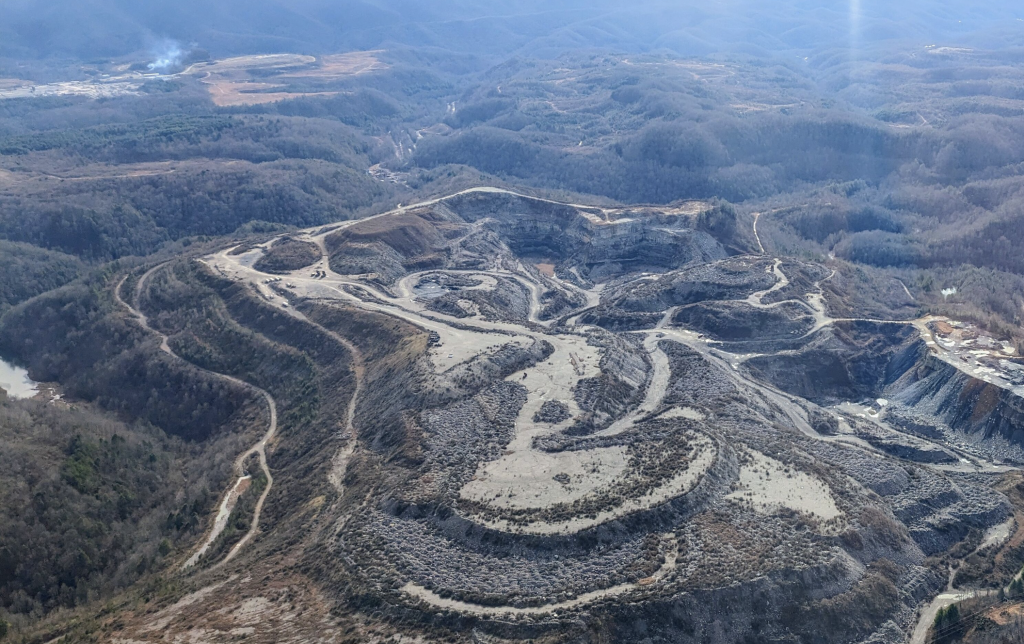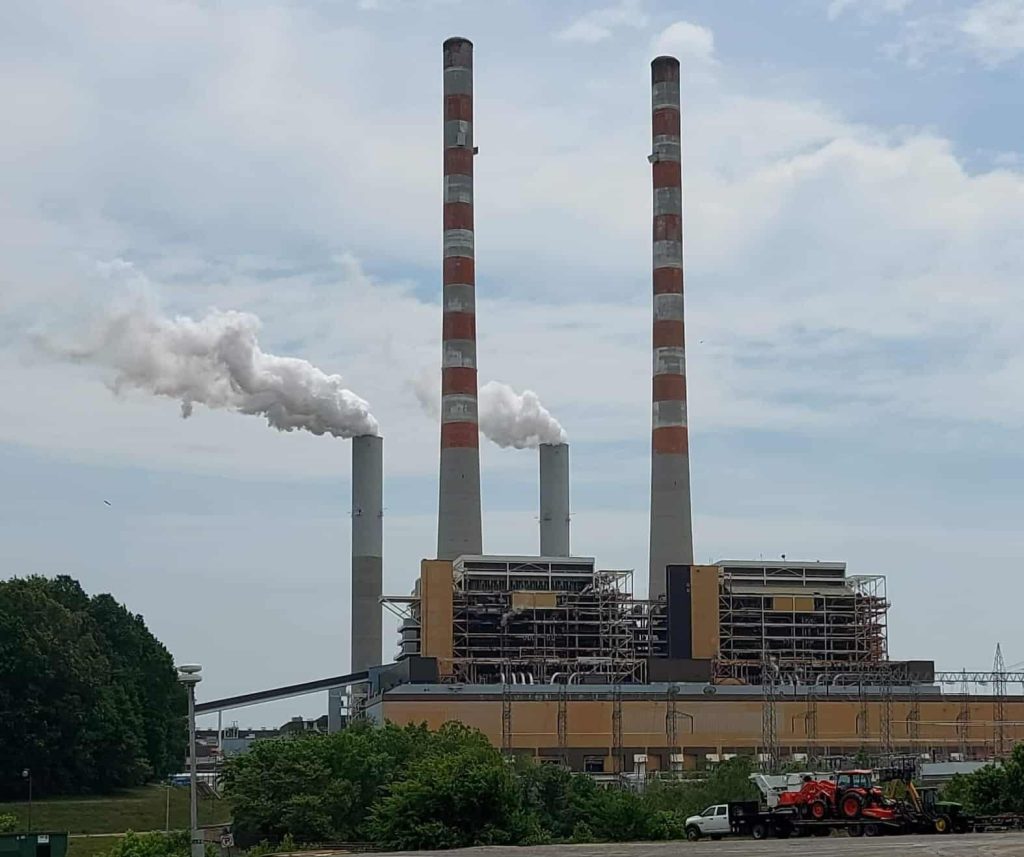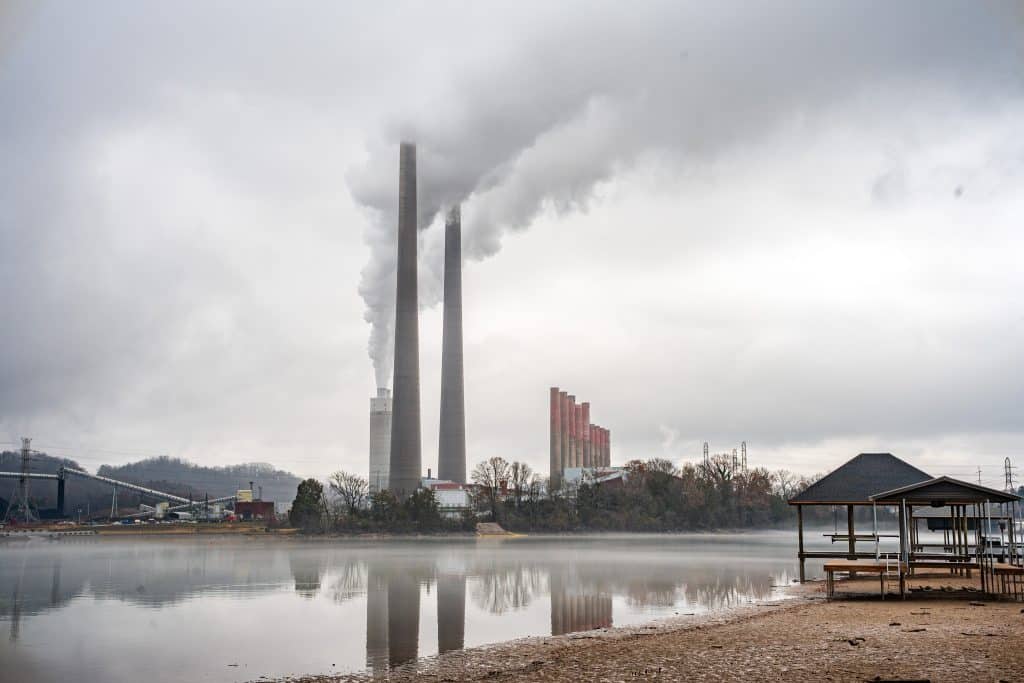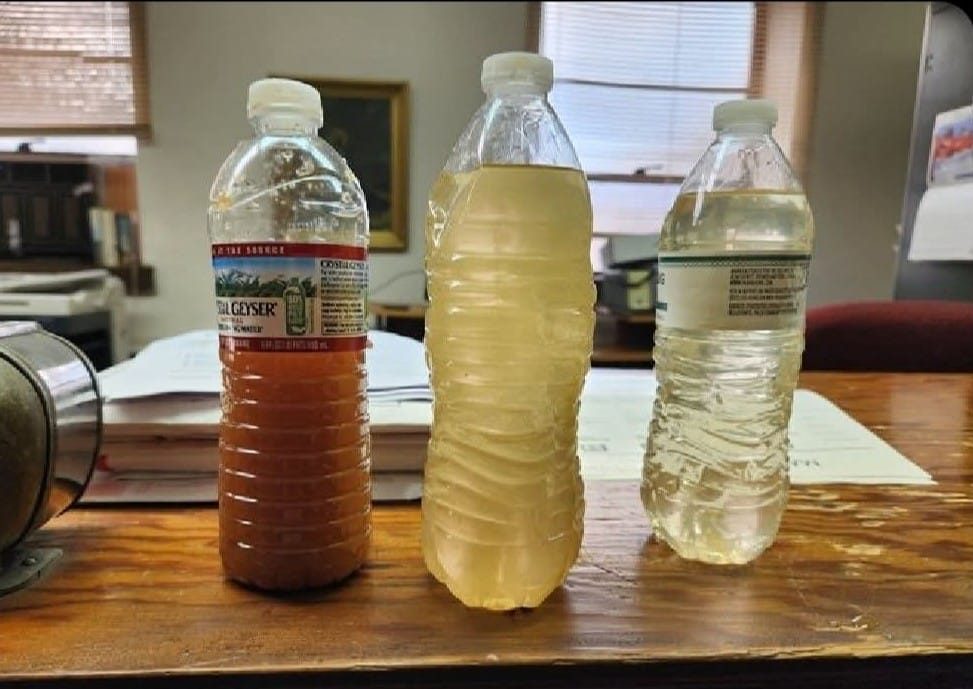Cleaning Up Coal Ash
For well over a century, power plants across the country have burned coal to generate electricity. And for just as long, leftover coal ash has been dumped in open, unlined pits near the power plant, usually located on a river or lake. Every year, U.S. power plants produce 130 million tons of coal ash, which is the second largest waste stream in the country after municipal garbage.
Coal ash concentrates the toxic heavy metals found in coal, including arsenic, mercury, lead and selenium. Stored in unlined, wet impoundments, coal ash has been leaking these toxics into our groundwater and surface waters for years. Sometimes these impoundments collapse — with disastrous results.
Yet government regulations for coal ash management are either non-existent or sparse, and there is little enforcement of the regulations that do exist. In North Carolina, this lack of oversight — and the complicity between state regulators, elected officials and Duke Energy — came to a boiling point in February 2014 when one of Duke’s coal ash impoundments spilled 39 million tons of ash into the Dan River.
Citizens living near North Carolina’s 33 coal ash impoundments — all of which have leaked — have fought for transparency from Duke and the state, and for cleanup of the pollution that threatens their property value, health and family. Their actions forced this issue into the headlines of news networks and to the forefront of environmental justice conversations in the United States.
Appalachian Voices stood with these communities as we worked for years to compel Duke Energy and the N.C. Department of Environmental Quality to excavate coal ash from all the North Carolina sites and dispose of it either in lined, dry landfills, away from waterways, or by recycling it for concrete or other uses, provided it’s done in a manner that protects public health and the environment.
On Jan. 2, 2020, North Carolina announced a historic settlement with one of the state’s most powerful corporations and polluters, Duke Energy. The settlement requires Duke to move nearly 80 million tons of toxic coal ash at six of its power plants to properly lined landfills onsite or recycle it.

Learn information about specific coal ash impoundments in the South, including health threats and safety ratings:
Additional Resources
Fact sheets, videos, links to academic research, and more
Sign Up to Act
Help us protect the health of our communities and waterways.
Latest News
Appalachian Voices statement on White House coal actions
President Donald Trump ordered a series of actions this week intended to prop up America’s declining coal industry. Trump announced that the Department of Energy will pay electric utilities $175 million for upgrades to aging coal plants in Kentucky, North Carolina, Ohio and West Virginia. Trump also ordered the Pentagon to buy more coal-generated power, though did not specify where such power might be purchased.
Coal company owned by Sen. Jim Justice releases financial statement contradicting its previous sworn testimony
A recent financial disclosure by A&G Coal Company asserts that the company has substantial positive net assets, contradicting the recent sworn testimony of its general counsel asserting that it was over $9 million in debt and therefore unable to comply with its obligations under a court-approved 2023 settlement agreement.
Trump administration decision to deny the science of climate change puts communities at increased risk
Today, the U.S. Environmental Protection Agency announced that it will issue a final rule on Thursday attempting to dramatically limit its responsibility to regulate the pollution that causes climate change, which is worsening dangerous flooding events, extreme droughts and heat waves throughout Appalachia and beyond.
Rural Rally for Safe Water at West Virginia Capitol on Feb. 16
On Feb. 16 at 10 a.m., the faith-based coalfield organizing and advocacy group From Below will host a press conference in front of the House Chamber and rally advocating for the introduction and passage of the Coalfield Clean Water Act Bill.











